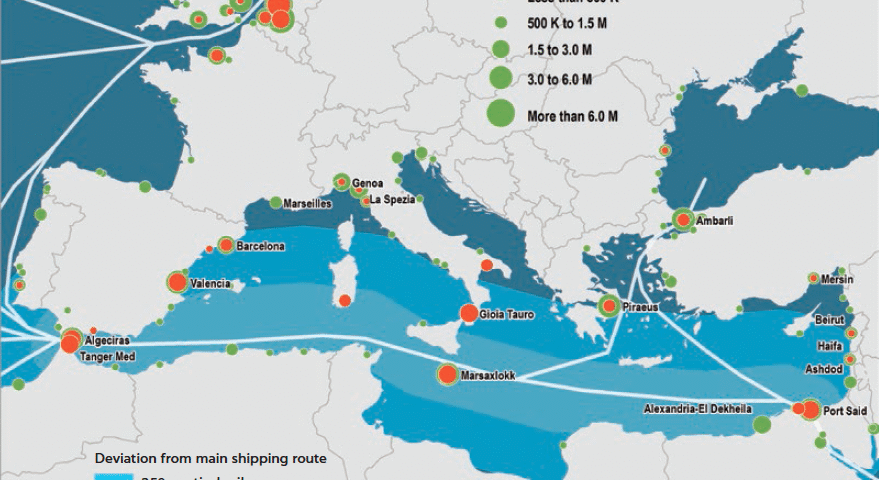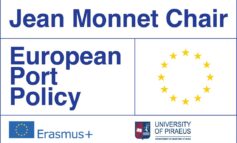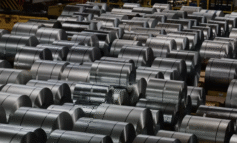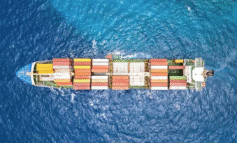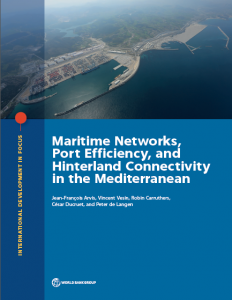 The Mediterranean has been one of the most active trading areas for millennia. Trade- and by extension connectivity- between Mediterranean riparian countries is one of the oldest and most studied topics in economic history. The Mediterranean has complex trade patterns and routes- but with key differences from the past. It is no longer an isolated world economy: it is both a trading area and a transit area linking Europe and North Africa with the rest of the world through the hub-and-spoke structure of maritime networks.
The Mediterranean has been one of the most active trading areas for millennia. Trade- and by extension connectivity- between Mediterranean riparian countries is one of the oldest and most studied topics in economic history. The Mediterranean has complex trade patterns and routes- but with key differences from the past. It is no longer an isolated world economy: it is both a trading area and a transit area linking Europe and North Africa with the rest of the world through the hub-and-spoke structure of maritime networks.
Understanding how trade connectivity works in the Mediterranean, and else where, is important to policy makers, especially those in developing countries in the Mediterranean, concerned with the economic benefits of large investment in infrastructure. Better connectivity is expected to increase trade with distant markets and stimulate activities in the hinterland. The interconnectedness of shipping and trade networks means that benefits in one place depend on global and regional patterns. However, local intervention can enhance those benefits.
Lessons from the Mediterranean may prove relevant to other regions, and the co-authors PortEconomics co-director Peter de Langen, Robin Carruthers, PortEconomics member César Ducruet and lead authors Jean-François Arvis and Vincent Vesin undertook this World Bank publication with both a regional focus and globally scalable lessons in mind.
The work titled “Maritime networks, Port Efficiency, and Hinterland Connectivity in the Mediterranean”, was a collaboration between the Macroeconomics, Trade and Investment Global Practice, and the Transport and Digital Development Global Practices at the World Bank and can be freely downloaded via World Bank’s webpage.



